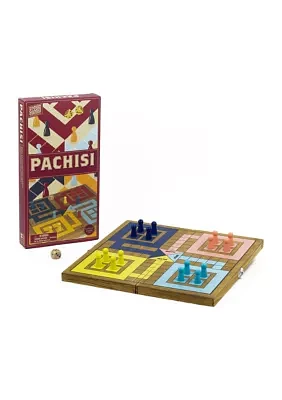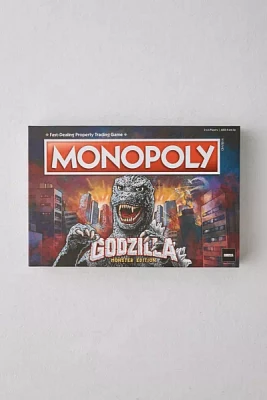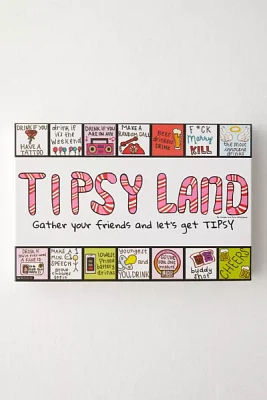Home
Who's the Game?: Identity and Intersectionality Classic Board Games
Barnes and Noble
Who's the Game?: Identity and Intersectionality Classic Board Games
Current price: $39.95


Barnes and Noble
Who's the Game?: Identity and Intersectionality Classic Board Games
Current price: $39.95
Size: Paperback
Loading Inventory...
*Product information may vary - to confirm product availability, pricing, shipping and return information please contact Barnes and Noble
Some board gameslike
Candy Land, Chutes & Ladders, Clue, Guess Who, The Game of Life, Monopoly, Operation
and
Payday
have popularity spanning generations. But over time, updates to games have created significantly different messages about personal identity and evolving social values. Games offer representations of gender, sexuality, race, ethnicity, religion, age, ability and social class that reflect the status quo and respond to social change.
Using popular mass-market games, this rhetorical assessment explores board design, game implements (tokens, markers, 3-D elements) and playing instructions. This book argues the existence of board games as markers of an ever-changing sociocultural framework, exploring the nature of play and how games embody and extend societal themes and values.
Candy Land, Chutes & Ladders, Clue, Guess Who, The Game of Life, Monopoly, Operation
and
Payday
have popularity spanning generations. But over time, updates to games have created significantly different messages about personal identity and evolving social values. Games offer representations of gender, sexuality, race, ethnicity, religion, age, ability and social class that reflect the status quo and respond to social change.
Using popular mass-market games, this rhetorical assessment explores board design, game implements (tokens, markers, 3-D elements) and playing instructions. This book argues the existence of board games as markers of an ever-changing sociocultural framework, exploring the nature of play and how games embody and extend societal themes and values.

















